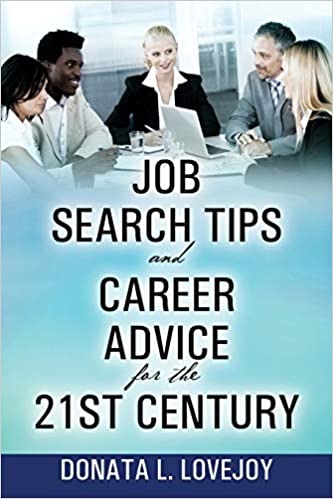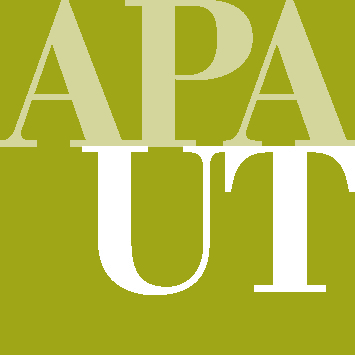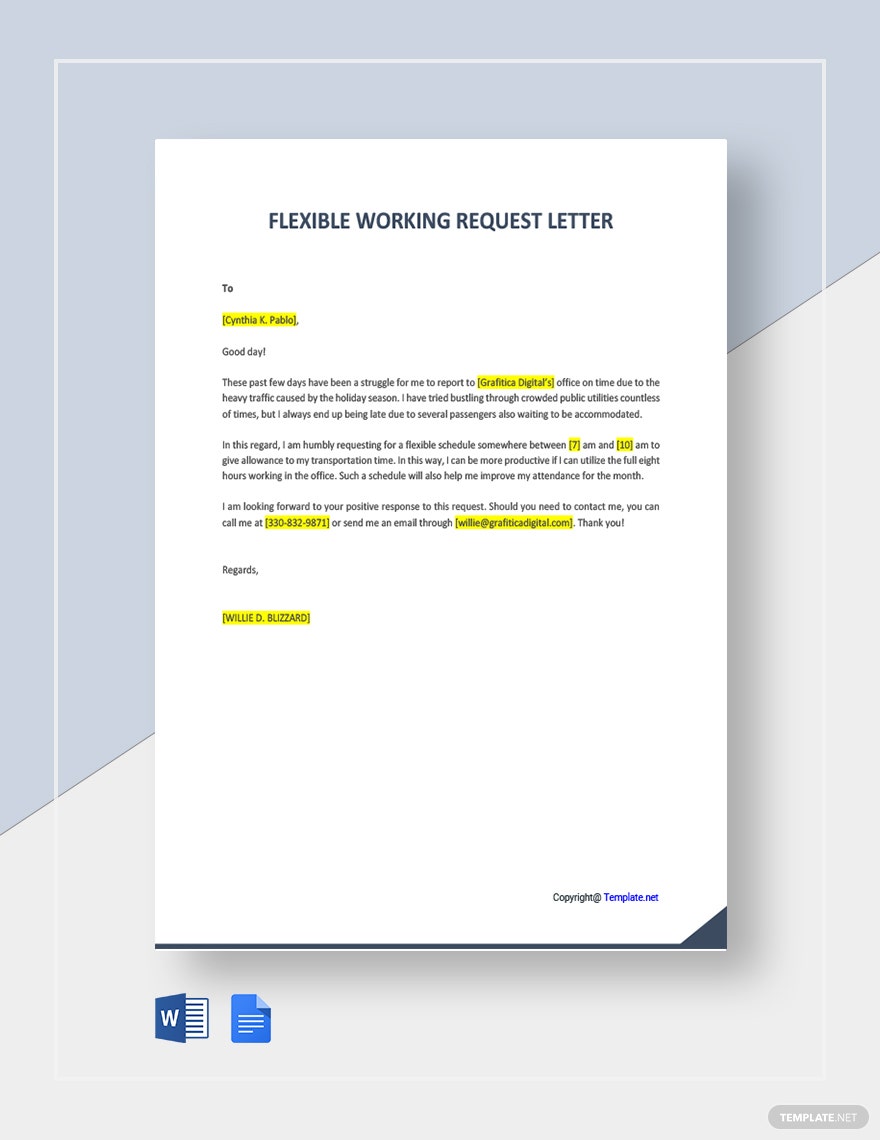
You can plan your career by creating a list of values and a plan that will help you grow professionally. Once you have a list of these values, you can start searching for a job that matches them. This is a great method to boost self-esteem and increase your chances at landing the perfect job.
Self-nomination
Self-nomination is one of the most important career planning strategies to help you find new job opportunities. Self-nomination is a way to tell your superiors about your achievements, desired assignments, and increases your chances of getting special assignments or sponsorship. Another career planning strategy is networking, which involves identifying and communicating with others in the organization who have the same interests and goals as you do.
Before seeking nominations, you should update your CV. You can submit your CV in a folder if you are too busy. Then you can gracefully withdraw the nomination slip if it arrives. Next, prepare a letter of introduction. This letter should describe your personal goals and briefly describe your acquaintanceship with the nominee.
Networking
It is crucial to network as part of your career planning strategies. This can open up new opportunities. Regardless of your field, networking can help you find new clients or contacts who will help you grow in your career. You need to make connections with people who share your interests.

Networking is a great way to network with other career professionals and increase your visibility with top management. It can help you expand your expertise and improve your soft abilities.
Learning new skills
It can be a great way to improve your current job or to get a job in another field. Each individual is different. These can be developed by gaining more education and experience. Your skills and abilities will make you more valuable in the job marketplace.
Learning new skills can boost your employability which can lead you to promotion. It is also a great way for you to make new connections. You should join associations that are related to your chosen field. These associations could be state, national or international. These groups offer mentorships.
Attitudinal syndromes
In the context of career planning strategies, emotional syndromes can have a negative impact on the quality of career development. Participants with high levels in fear of failure or impostor emotions are more likely than others to not be satisfied with their career. These feelings can inhibit leadership motivation and reduce the effectiveness of career planning strategies.
Studies in the past have shown a strong link between low self-esteem and impostor feelings. In contrast, those with low self-esteem are more likely to suffer from impostor syndromes than those with higher self-esteem. This syndrome is further exacerbated at universities by their evaluative cultures. In order to build a strong foundation for their future career, students are often required to obtain high grades and pass exams.

Self-assessment
A job candidate can use self-assessment to evaluate his or her performance. It allows them the opportunity to identify their strengths and develop strategies. Sometimes, it can even lead to recognition by a manager. Employers appreciate employees who are honest about their performance and work hard to improve it.
Individuals can also use self-assessment to help them explore their career options. The Interests and Skills section can help people identify organizations that perform the type of work they are most interested in. Find out more about the Organizational Environment area on their website. You can also interview employees for information.